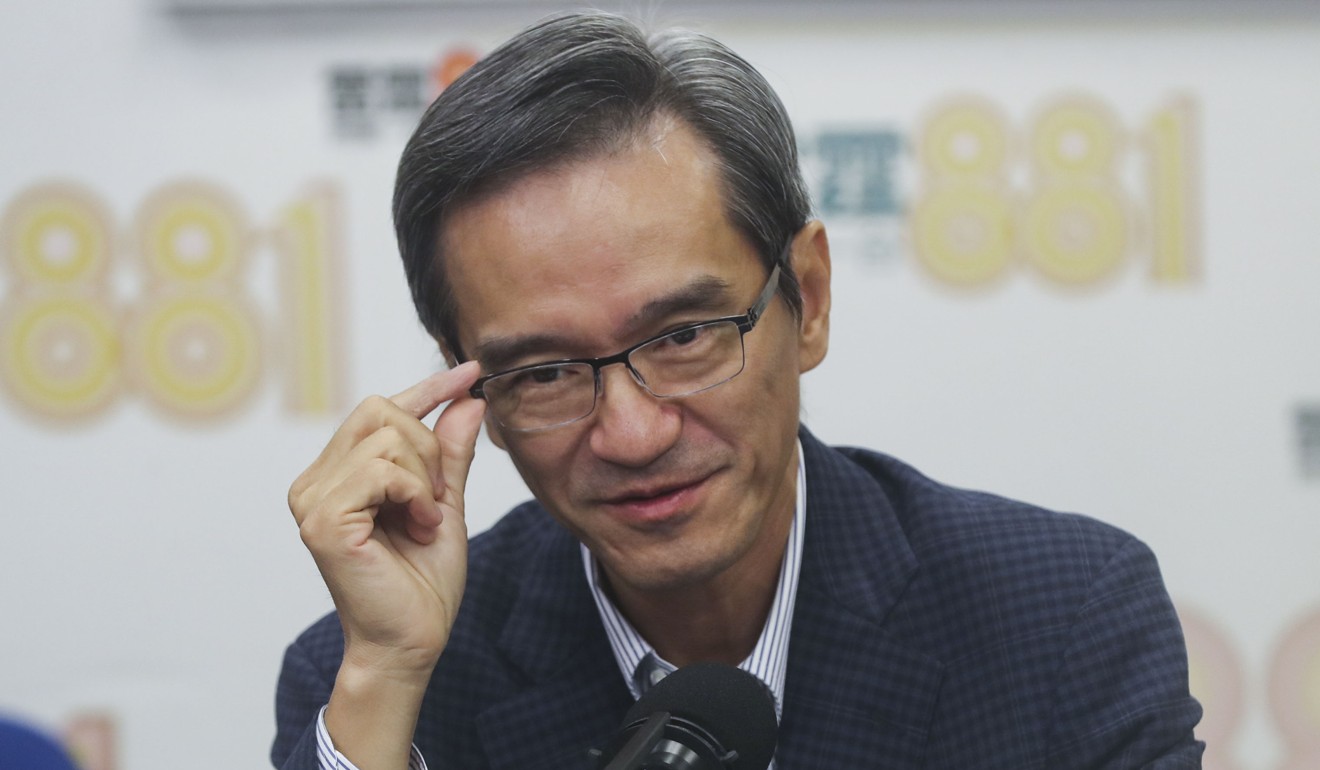
Four of 17 proposals to boost Hong Kong’s land supply for new homes can yield results in 10 years, task force chief says
The five-month public consultation is expected to begin on April 15 and a team from HKU will conduct a poll to assess what people want
The public consultation on ways to boost Hong Kong’s land supply to ease its housing crunch – including using the Fanling golf course and brownfield sites – is expected to start on April 15 and of the 17 proposals up for discussion, four could yield results in the next 10 years.
Stanley Wong Yuen-fai, chairman of the government-appointed Task Force on Land Supply also added that a subgroup of the task force would meet on Thursday to finalise details of a booklet for the long-awaited public feedback process.
Task force considers plan to build podium housing over Hong Kong roads and railways
“Since the importance of each option is up for public debate, we plan to list the proposals in order of how soon they can provide land for building,” he said.
A team of University of Hong Kong researchers would also conduct a public opinion survey during the five-month consultation period, he added.
The 30-person task force has for seven months been considering how the city can meet its forecast of 1,200 hectares (3,000 acres) of land for housing and economic development.
With new land to trim supply shortfall, Hong Kong government sticks to target of 280,000 new public flats over next 10 years
Another would be to fully or partially develop a 170-hectare golf course in Fanling operated by the exclusive Hong Kong Golf Club, though this has drawn a huge backlash among the city’s wealthy and golf aficionados, who said it would destroy an important training ground for the sport.
A third involves the government collaborating with private developers to develop some 1,000 hectares of farmland in the New Territories owned by the developers. But the proposal has triggered suspicion of collusion between both parties.
The fourth option is to free up space at some of the 95 government recreational facilities, such as a 12.5-hectare site in Tuen Mun, and build homes instead.
But Wong admitted these options were “short-term measures”, adding: “There is no single option that can meet the projected shortage, so we’ve got to adopt a multipronged approach.”

Another six options would yield land only after 10 to 20 years, such as reclaiming 400 hectares of land in five near-shore locations, creating a 1,000-hectare artificial island to the east of Lantau, and developing housing on a 65-hectare container terminal near Tuen Mun.
The rest of the options were “conceptual”, Wong said, because it remained unclear how viable they were and how soon they could become reality.
The highly controversial proposals to develop the city’s scenic and ecologically important country parks and reservoirs, for example, fell into this category.
Government accused over opaque Hong Kong land deals which ‘subsidise the wealthy’
Wong said the HKU team, led by Professor John Bacon-Shone, associate dean of social sciences and director of the Social Sciences Research Centre, would help gauge which proposals had more public support, so the government could embark on them soon as possible.
But Chan Kim-ching, of Liber Research Community, said the government had not released any details on how it would collaborate with developers and where their farmland was located, so it was difficult and misleading to ask for views on this option now.
“We are worried that the government wants to use a matter of public interest to benefit private developers,” Chan said.
Some elite Hong Kong sports clubs need only admit a few new members to cover land fee plan
Chan added that the government should also consider developing its sites that were meant for short-term tenancies or temporary purposes, and even land left idle.
The scarcity of affordable housing is one of Hong Kong’s most pressing economic issues, and Chief Executive Carrie Lam Cheng Yuet-ngor has vowed to address it. The city is, according to many studies, the most expensive housing market in the world, and the waiting list for public rental housing is nearly five years long.

